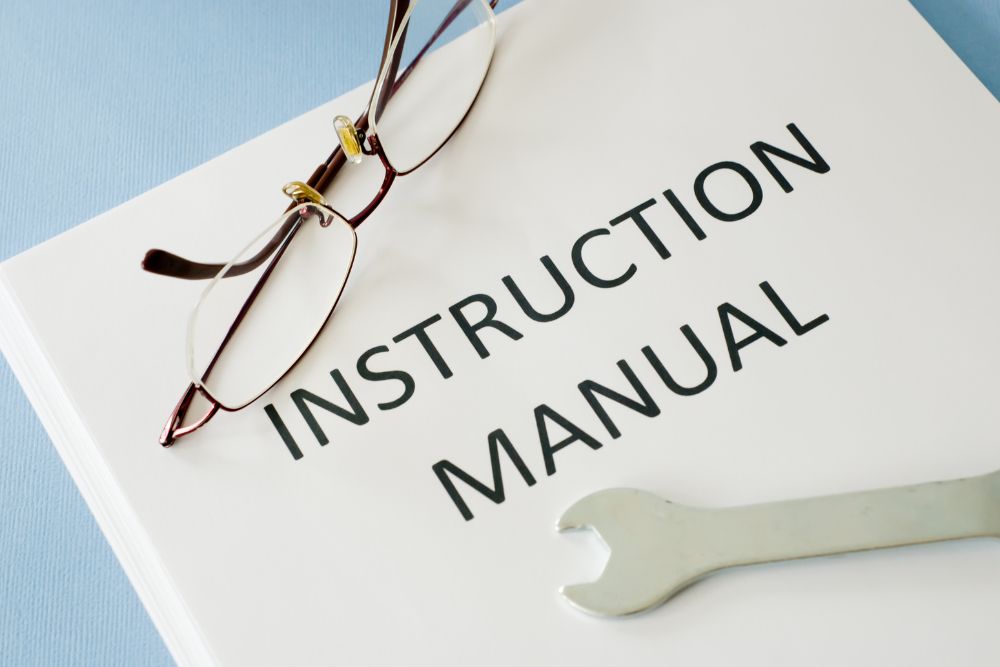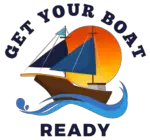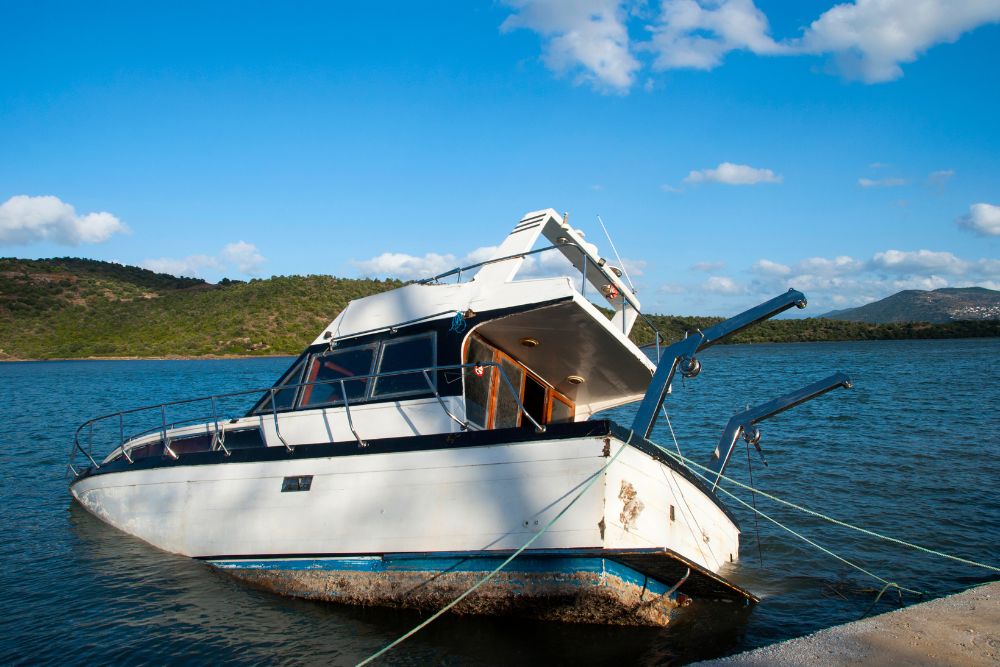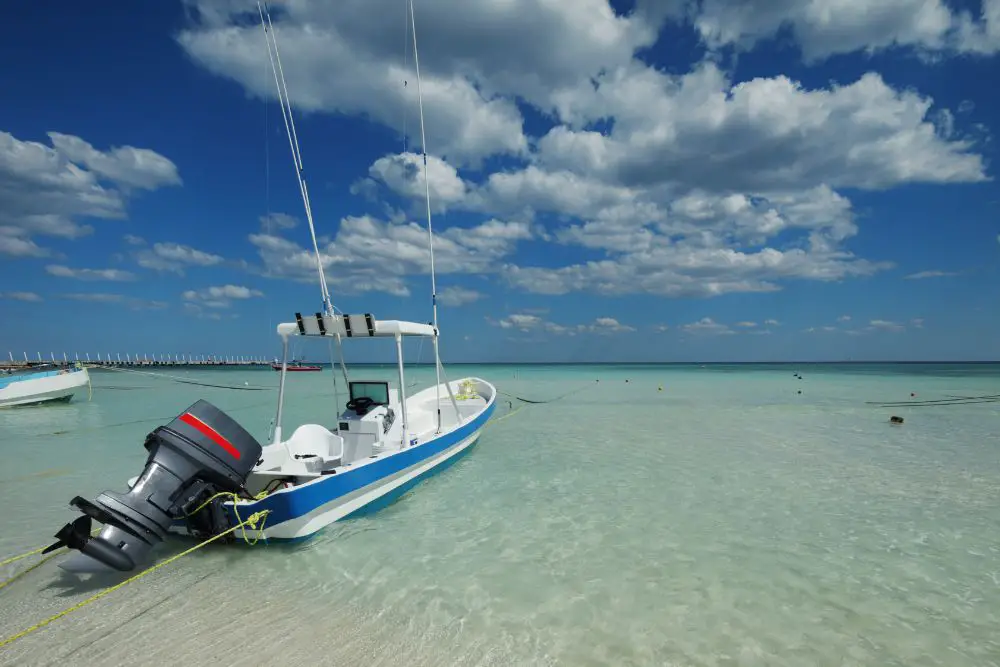Whether you’re an experienced boater or new to the sport, it’s important to know how to avoid overloading your boat. When a boat is overloaded, it can take on water, capsize, and cause serious harm to everyone on board. In order to avoid this, it’s important to know how to properly load a boat.
- What Is Overloading?
- Why Is Overloading Dangerous?
- Why Does Overloading Happen?
- What Are The Consequences Of Overloading?
- Know the Capacity of Your Boat
- Reading The Vessel Manual
- Keeping An Eye On Conditions
- Guaranteeing Stability
- Dispersing Weight
- Avoiding Overpowering
- Passenger Limits
- Packing and Storing Gear
- In Conclusion
What Is Overloading?
Overloading a boat is dangerous and can lead to major accidents. When a vessel’s maximum capacity is exceeded, the ship is overloaded. This can increase the risk of flooding and capsizing and reduce speed.
Why Is Overloading Dangerous?
There are many dangers associated with ship overloads. One of the most significant dangers is that an overloaded ship may capsize. This happens when the weight of the cargo on one side of the ship causes it to tip over. If the ship capsizes, it may sink or be damaged beyond repair.
Another danger of overloading is that it can reduce the vessel’s speed. This is because the extra weight makes it more difficult for the ship to move through the water. In some cases, an overloaded ship may not be able to reach its destination on time.
Why Does Overloading Happen?
There are many reasons why ships become overloaded. One common reason is that the captain miscalculates the amount of cargo that the vessel can hold. This often occurs because the captain overestimates the vessel’s capacity or underestimates the weight of the cargo. Other times, bad weather can cause a ship to become overloaded if the captain is not careful. Poorly secured cargo can also lead to overloading if it shifts during transit and throws off the vessel’s balance.
What Are The Consequences Of Overloading?
Overloading a vessel can have serious consequences. First and foremost, it increases the risk of flooding and capsizing. If the vessel does not have enough lifeboats for everyone on board, this can lead to tragedy. In addition, overloaded ships often lose speed and are more difficult to control. As a result, they are more likely to collide with other vessels or run aground. Finally, an overloaded ship puts extra strain on its engines and other systems, which can cause them to break down prematurely.
Know the Capacity of Your Boat
The first step in avoiding an overloaded boat is understanding the capacity of your particular vessel. Every boat has a maximum weight limit that it can safely carry, and it’s important not to exceed this limit.
Before heading out on the water, take a look at your boat’s capacity plate. This plate will tell you how many passengers your boat is designed to hold and the maximum weight of all passengers and cargo combined. Once you know these numbers, it will be easier for you to determine whether or not you’re at risk of overloading your boat.
If you can’t find your boat’s capacity plate, you can also find out your boat’s capacity by consulting the owner’s manual. If you don’t have access to the manual, you can also ask a salesperson or dealer at the place where you bought your boat.

Reading The Vessel Manual
In addition to knowing the maximum weight limit, it’s also important to understand the other specifications in the vessel manual. This document will tell you how many people your boat can safely hold and where everyone should sit or stand while the boat is in motion. By reading and following the instructions in the manual, you can ensure that your boat is properly balanced and not overloaded.
Keeping An Eye On Conditions
When you’re out on the water, monitoring conditions such as wind speed and wave height is important. If conditions are particularly treacherous, it’s best to err on the side of caution and reduce your load accordingly. This will help keep your boat stable and prevent it from being overwhelmed by waves or strong winds.
Guaranteeing Stability
One of the most important aspects of avoiding overloading your boat is guaranteeing its stability. This can be accomplished by dispersing weight evenly throughout the vessel and keeping heavy items low to the ground. Additionally, making sure that all passengers are seated before starting the engine will help keep your boat stable and prevent it from tipping over.
Dispersing Weight
When loading your boat, be sure to disperse weight evenly throughout the vessel. This will help keep it stable and prevent one side from becoming overloaded. If possible, avoid placing all of your gear in one area, as this can lead to serious problems if the weight is not distributed properly. Instead, spread out your belongings so they are evenly distributed across the boat floor.
Avoiding Overpowering
Another way to avoid overloading your boat is by avoiding overpowering it with too much horsepower. If your boat is struggling to plane due to its load, reduce speed and try again at a lower throttle setting. Additionally, trim tabs properly so your vessel remains level in the water and doesn’t ride too low in the bow or stern.

Passenger Limits
Perhaps one of the simplest ways to avoid overloading your boat is by setting passenger limits and sticking to them. Make sure everyone on board knows how many people are allowed on the vessel so that nobody exceeds the limit and puts everyone at risk.
Packing and Storing Gear
Once you’ve reached your destination, it’s time to start thinking about where you’re going to store all of your gear. If possible, try to keep heavier items lower in the boat, so they don’t affect its center of gravity too much. Additionally, be sure to secure all loose items so they don’t shift around while you’re underway and become a hazard.
In Conclusion
Overloading your boat is a surefire way to ruin a day out on the water. But by following some simple tips, you can easily avoid this problem. First, be aware of your boat’s weight capacity and don’t exceed it. Second, distribute the weight evenly throughout the boat. And finally, use common sense when loading up your vessel. By following these tips, you can enjoy a safe and enjoyable day out on the open water without worrying about sinking!



